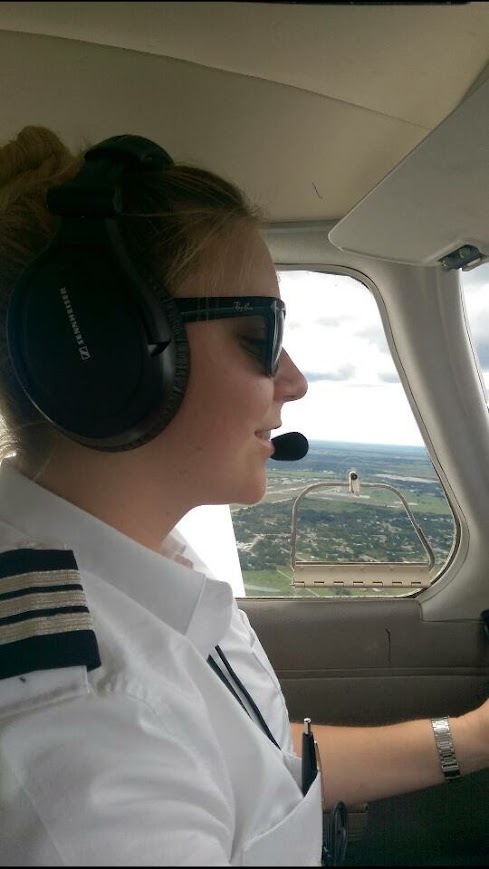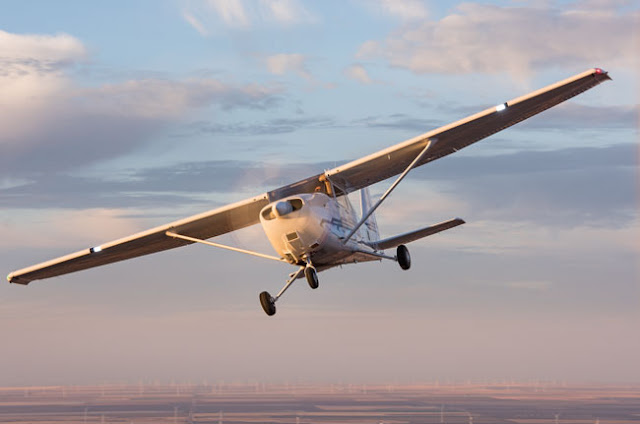Important Tips for the Newly-licensed PPL pilots
Important Tips for the Newly-licensed PPL pilots
First of all - Congratulations on earning your PPL wings! You've achieved a significant milestone in your journey as a pilot, but with this newfound privilege comes great responsibility. Safety should always be your top priority as you take to the skies. Here are some essential safety tips to keep in mind as a newly licensed PPL pilot. Remember - this is your license to LEARN. You have an amazing flight training, internship and pilot career development journey ahead of you before you are able to call yourself a fully-fledged pilot. So, be patient, learn from your instructors, fellow students and other aviators, and enjoy this thrilling time of your life!
And here are some important safety tips from us, at Aerocadet, which will help you to not only enjoy your newly-acquired flight privileges, but also establish yourself on the right way to your aviation career.
- Pre-Flight Planning:
Before every flight, invest time in thorough pre-flight planning. This includes checking weather conditions, reviewing your route, and ensuring that your aircraft is in good working order. Make use of aviation apps and resources to stay updated on weather patterns and NOTAMs (Notice to Airmen) that could affect your flight.
- Weight and Balance:
Maintain a careful balance when loading your aircraft. Ensure that you adhere to weight and balance limits as specified in your aircraft's operating manual. Overloading or poor weight distribution can seriously affect your aircraft's performance and safety.
- Preflight Inspection:
Perform a meticulous preflight inspection of your aircraft. Check all systems, control surfaces, and fuel levels. Verify that there are no visible issues or loose components that could compromise safety.
- Flight Plan and Communication:
File a flight plan with the appropriate authorities and share your plans with someone on the ground. Maintain regular communication with air traffic control (ATC) and other aircraft in your vicinity. Always use proper radio etiquette.
- Emergency Procedures:
Familiarize yourself with emergency procedures specific to your aircraft. Know how to handle engine failures, navigation equipment issues, and other critical emergencies. Practicing these procedures during your training will be invaluable.
- Fuel Management:
Keep a close eye on your fuel levels throughout the flight. Calculate your fuel burn rate and ensure that you have sufficient fuel for the entire journey, including reserves. Familiarize yourself with the locations of nearby airports in case you need to make an unplanned landing.
- Weather Awareness:
Stay vigilant regarding weather conditions. Avoid flying into thunderstorms, icing conditions, or low visibility situations. Make good use of weather information sources and be prepared to change your plans if conditions deteriorate.
- Currency and Proficiency:
Maintain your skills and stay current. Regular practice and continued training are essential for safety. Attend recurrent training courses to keep your knowledge and skills up to date.
- Decision-Making:
Exercise good judgment when flying. If conditions deteriorate, don't hesitate to divert, delay, or cancel your flight. The decision to be safe should always outweigh the pressure to meet schedules or reach a destination.
- Human Factors:
Pay attention to your physical and mental well-being. Fatigue, stress, and distractions can all affect your ability to make sound decisions. Ensure you are well-rested and mentally prepared for each flight.
- Regulatory Compliance:
Adhere to all aviation regulations and airspace rules. Failure to comply with these rules can have serious consequences for safety and your pilot's license.
Remember:
Becoming a licensed pilot is a remarkable achievement, but it's important to remember that your journey has just begun. Safety should remain at the forefront of your flying endeavors. By following these safety tips and maintaining a commitment to ongoing learning and improvement, you can enjoy the freedom and adventure of flying while minimizing risks and ensuring a long, safe, and rewarding aviation career.
Stay safe, and have fun!
Questions: contact us via info@aerocadet.com
Aerocadet Consultants


Comments
Post a Comment